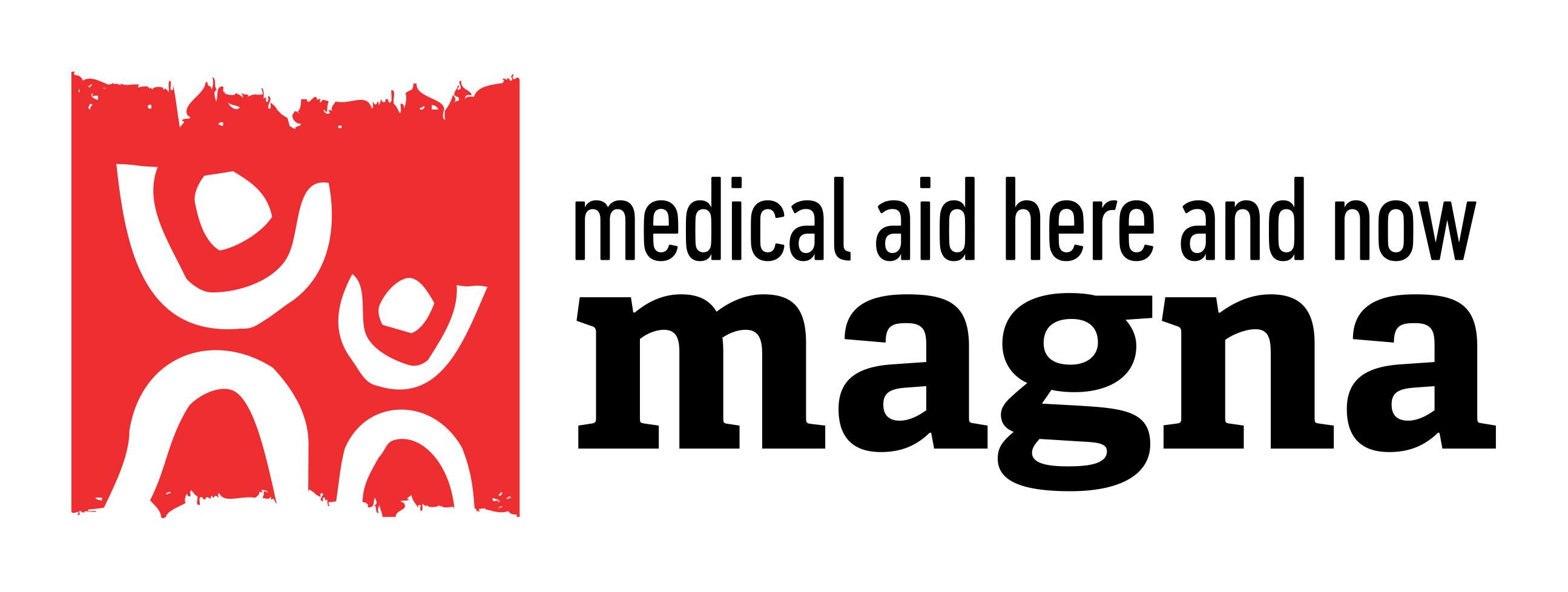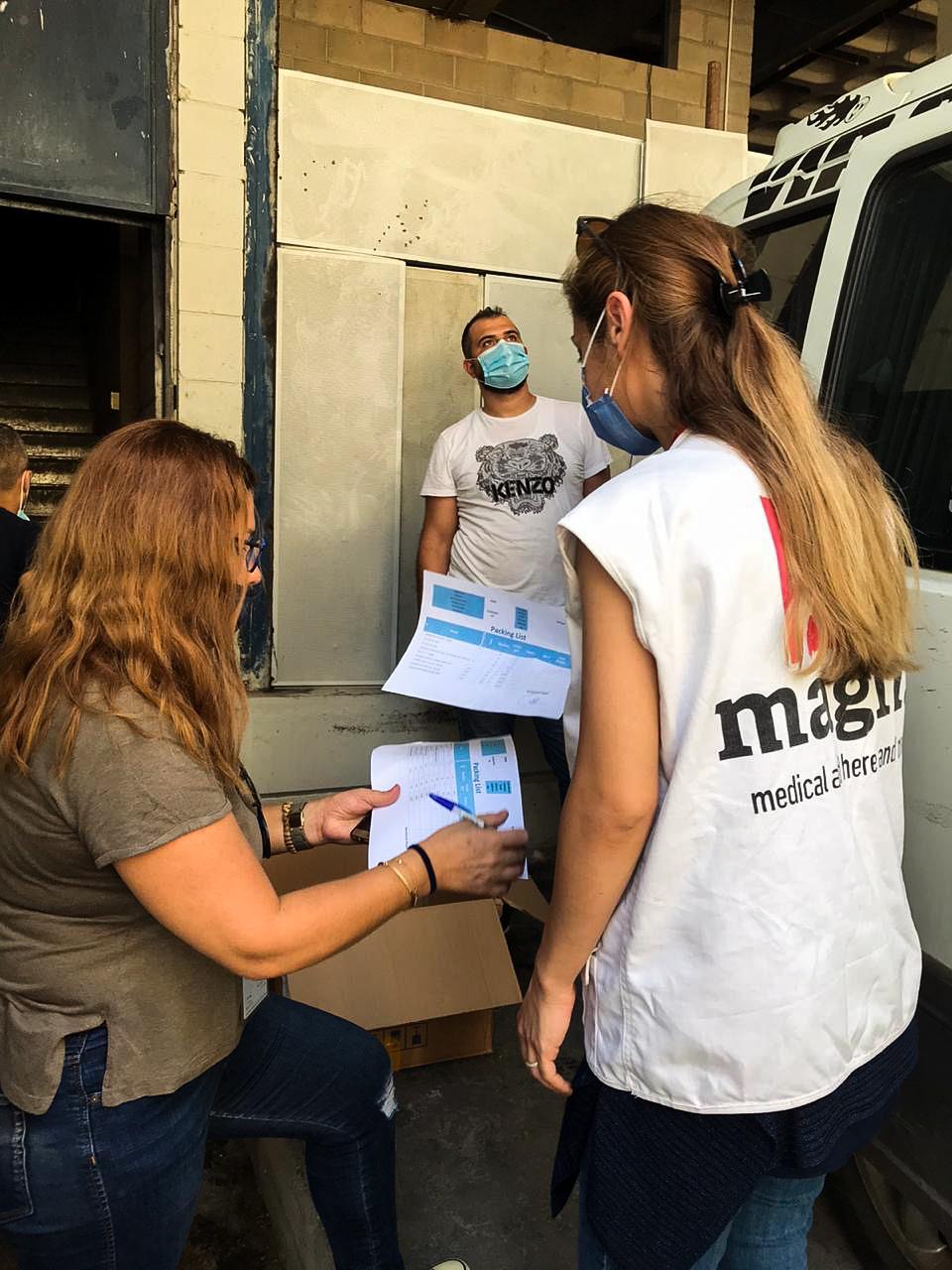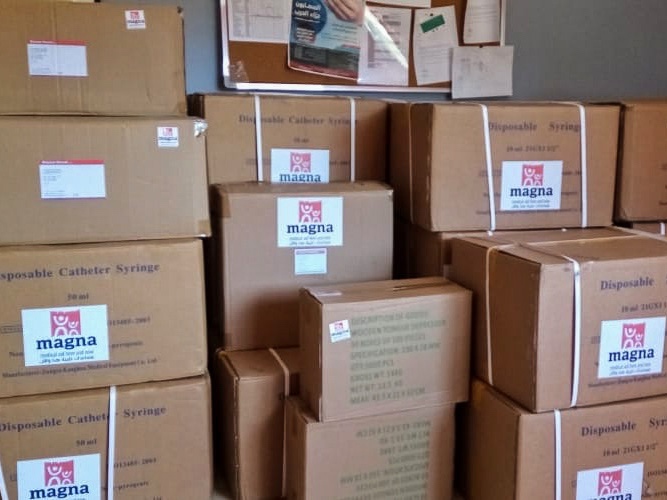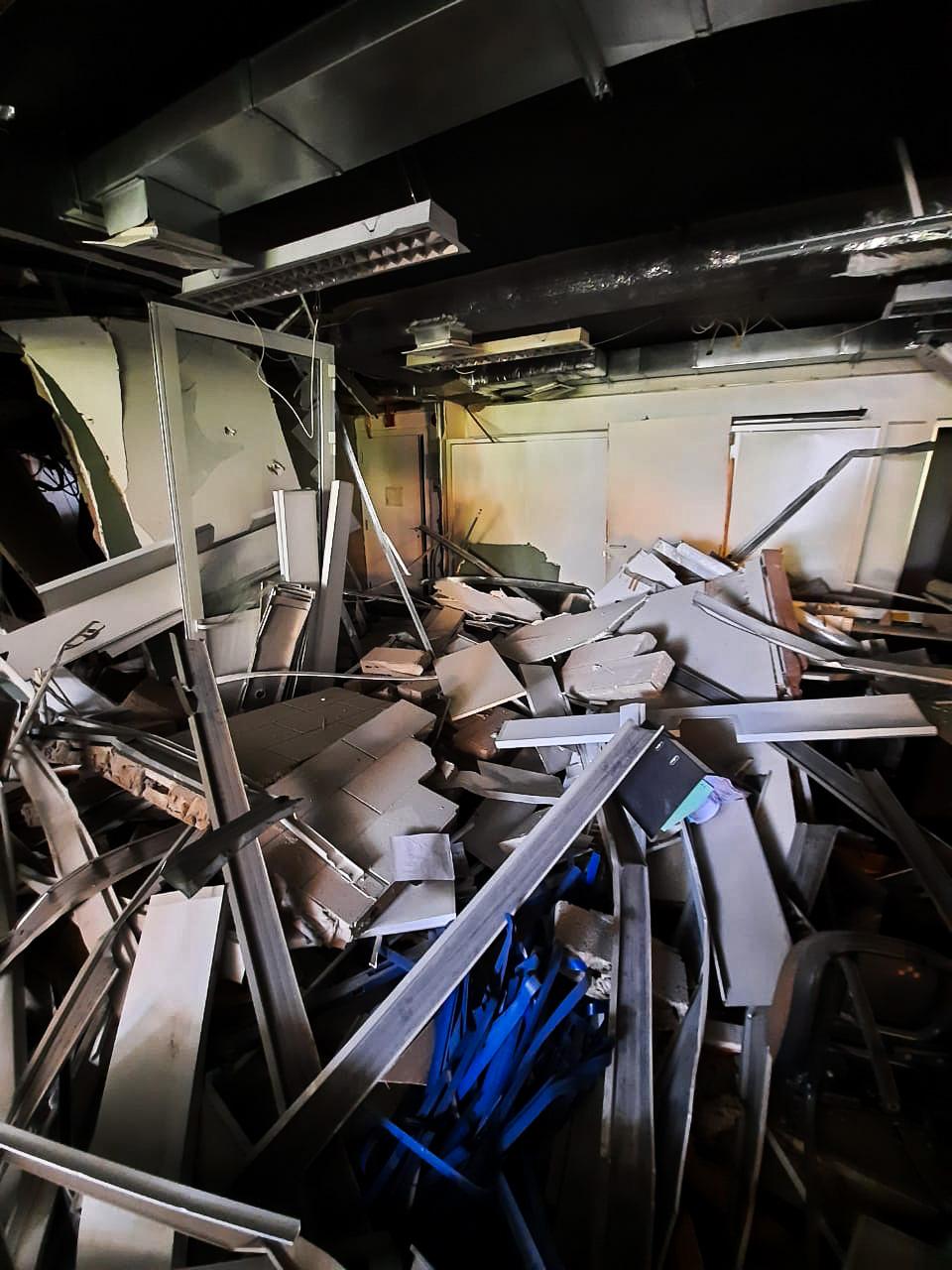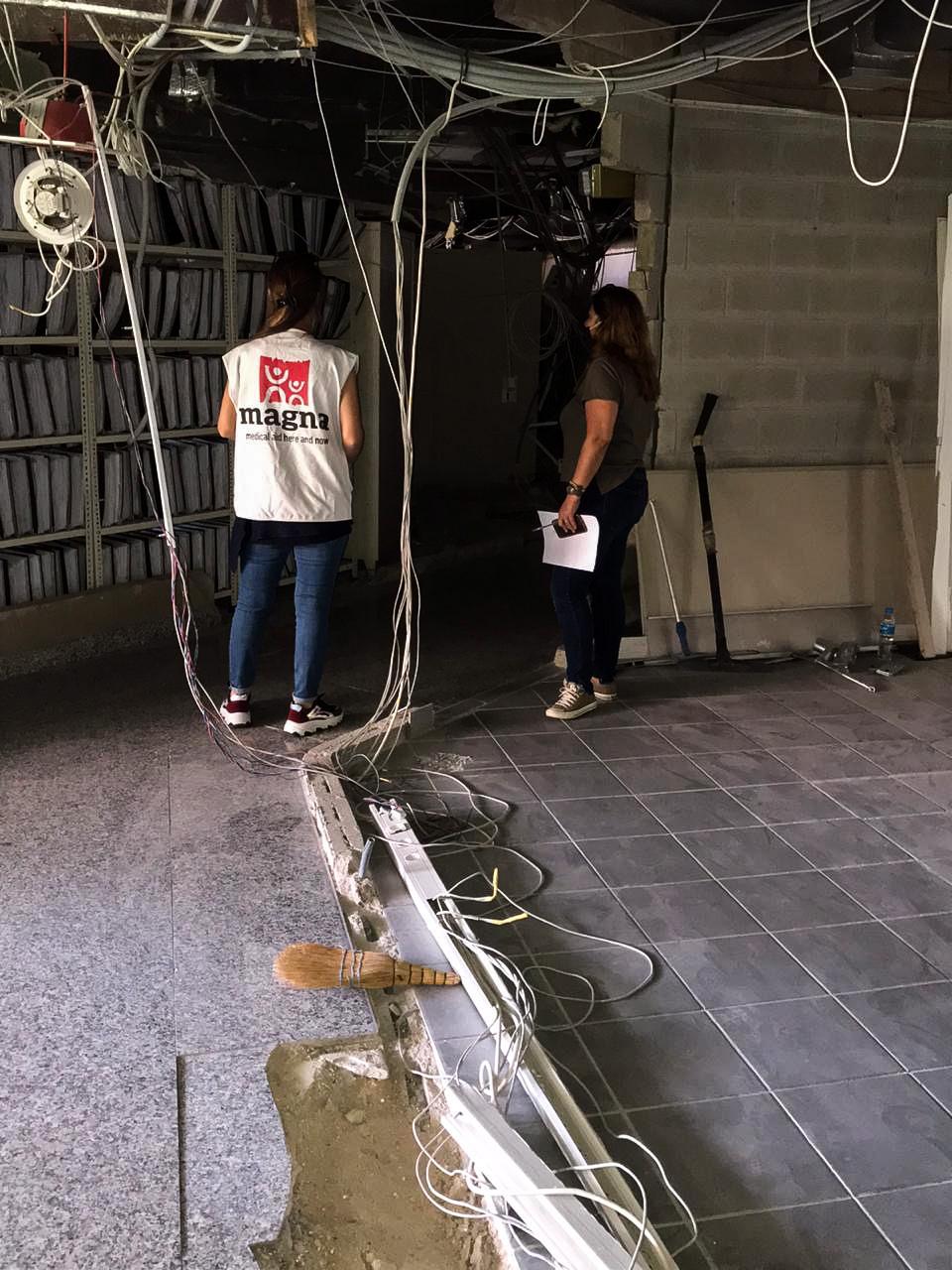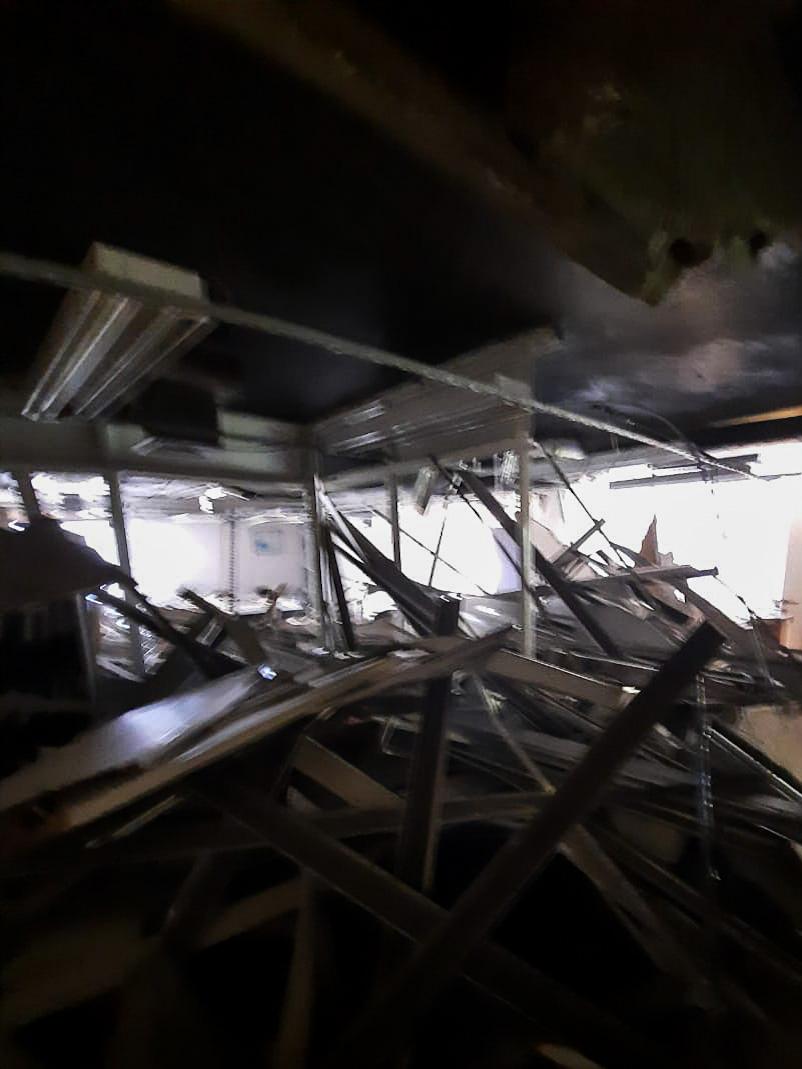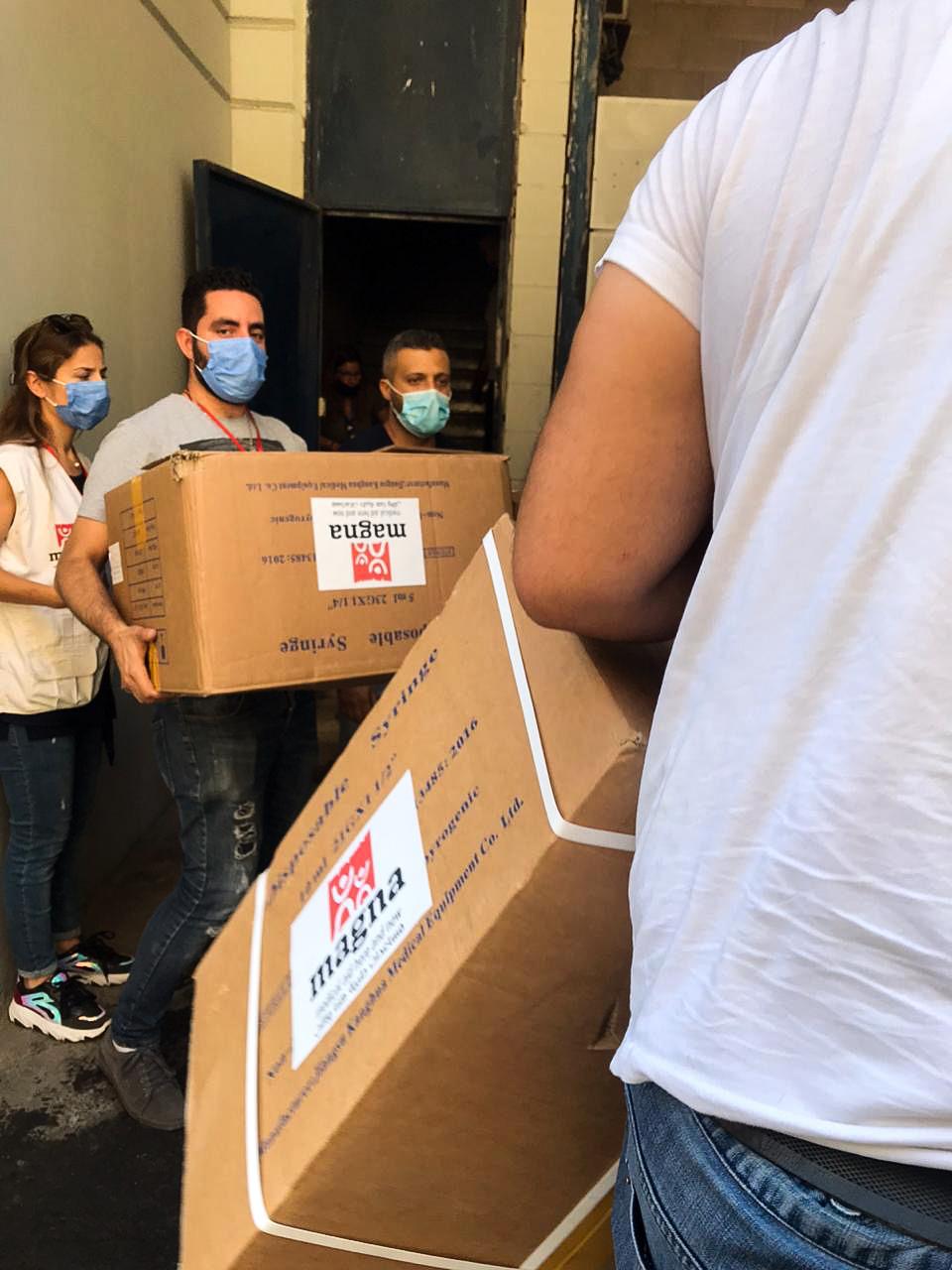Lebanon
Lebanon: we are providing medical aid to Beirut blast victims
Neatly arranged baby baths for newborns and incubators in the hospital of St. George in Beirut. On the security camera footage, a nurse is on the phone. Suddenly, the hospital building shakes, a huge pressure wave breaks the windows and overturns the baths, the ceilings fall. On the beds, the patients are covered in rubble. As much as 80% of the hospital is damaged, and several doctors, nurses and patients have lost their lives.
An uncontrolled explosion in the port damaged the entire city and other Beirut hospitals. It killed hundreds of people, wounded thousands and deprived hundreds of thousands of roofs over their heads. Hospitals have trouble coping with the onslaught of the injured; they do not have enough staff, medicines, equipment, or beds for the injured. MAGNA has been operating in the country for many years. We treat children as well as adults, both in a mobile clinic and in a static medical facility.
“Medicines, anesthetics, medical supplies or protective garments and masks from our supplies are sent to the hospital of St. George in Beirut immediately after the disaster. The catastrophic explosion coincided with the onset of the second wave of the Covid-19 pandemic, and our assistance in Beirut continues,” says MAGNA Operations Director Denisa Augustínová.
The medical humanitarian organization MAGNA has been operating in Lebanon for years. We focus not only on the treatment of diseases, but also on the mental state of traumatized patients and psychological help, which can often save lives.
“For years, since we started to work in Lebanon, we have been seeing the situation deteriorate. The capital Beirut is developing rapidly, new buildings are being built, but the country has economic and political problems, and more and more people are falling into poverty. The blast in the harbor was, so to speak, a hit in the most sensitive place. Not only did it destroy the hospitals, but 80 percent of all food comes to the country through the port,” says MAGNA director Martin Bandžák.
Even before the explosion, three-quarters of Lebanon’s population needed help. One million Lebanese live below the poverty line, hundreds of thousands of Syrian refugees are also in a grave situation. Most of them are dependent on humanitarian aid.
Lebanon has been in a state of crisis for many years, and its people now need our help. Each of your extraordinary donations will save a human life.
